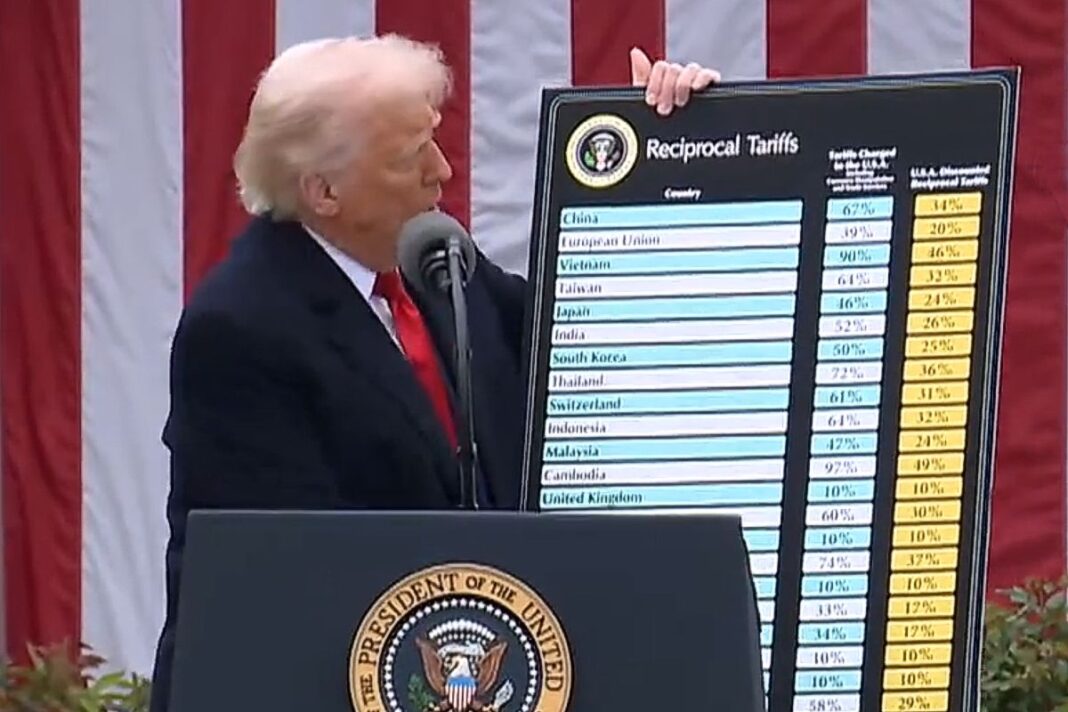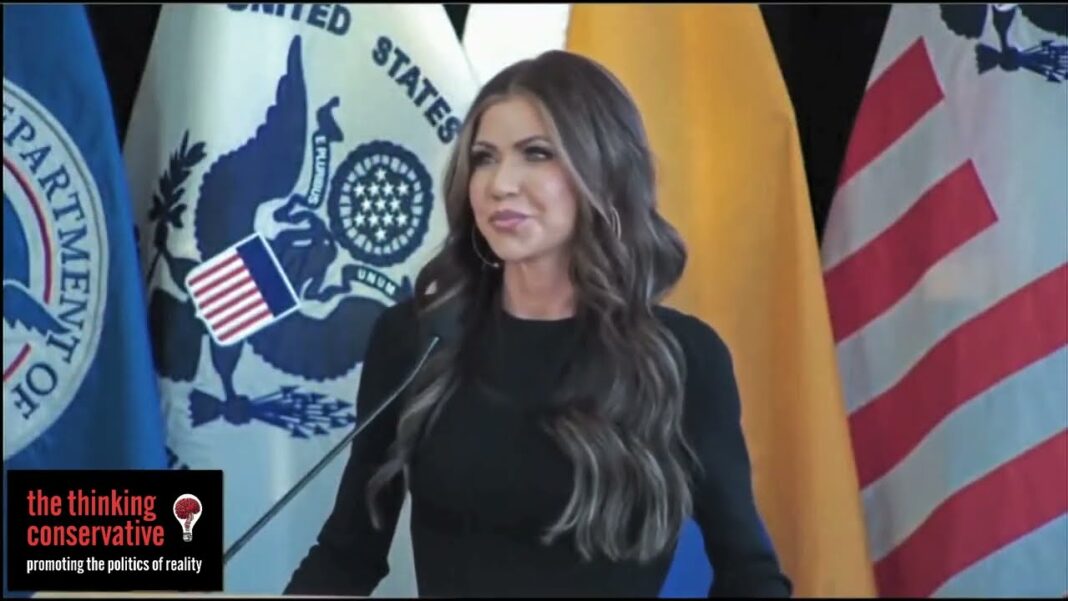“The Constitution assigns Congress the exclusive powers to ‘lay and collect Taxes, Duties, Imposts and Excises,’” the court ruling states.
A federal court said on May 28 that President Donald Trump exceeded his authority when he declared a national emergency to impose sweeping baseline tariffs on nearly all U.S. trading partners earlier this year.
In a Wednesday ruling, the U.S. Court of International Trade, a federal court based in New York, said it did not interpret the International Emergency Economic Powers Act (IEEPA) to mean that the president has the “authority to impose unlimited tariffs on goods from nearly every country in the world.”
“The Constitution assigns Congress the exclusive powers to ‘lay and collect Taxes, Duties, Imposts and Excises,’ and to ’regulate Commerce with foreign Nations,’” the court ruling states.
On April 2, Trump declared a national trade emergency by invoking the International Emergency Economic Powers Act (IEEPA) to impose a 10 percent baseline tariff on almost all imports going into the United States, as well as higher reciprocal levies on many countries.
That law allows the president to regulate imports, including increased import levies, under extraordinary circumstances, like a national emergency.
Alongside the baseline tariff were reciprocal tariffs up to 50 percent on select trading partners accused of having high tariffs on U.S. imports, non-tariff trading barriers, or substantial trade deficits. Trump called these “Liberation Day” tariffs and said they were necessary to ensure national security, address unfair trade practices, and protect domestic industries.
On April 23, a dozen states sued the Trump administration in the U.S. Court of International Trade, arguing that the president’s global tariffs were subject to his “whims rather than the sound exercise of lawful authority.”
The plaintiffs, who argued that only Congress has the authority to collect duties on imports, are the attorneys general of Arizona, Oregon, Colorado, Connecticut, Delaware, Illinois, Maine, Minnesota, Nevada, New Mexico, New York, and Vermont.
“By claiming the authority to impose immense and ever-changing tariffs on whatever goods entering the United States he chooses, for whatever reason he finds convenient to declare an emergency, the President has upended the constitutional order and brought chaos to the American economy,” the attorneys general wrote.
By Jacob Burg








